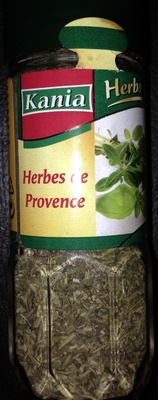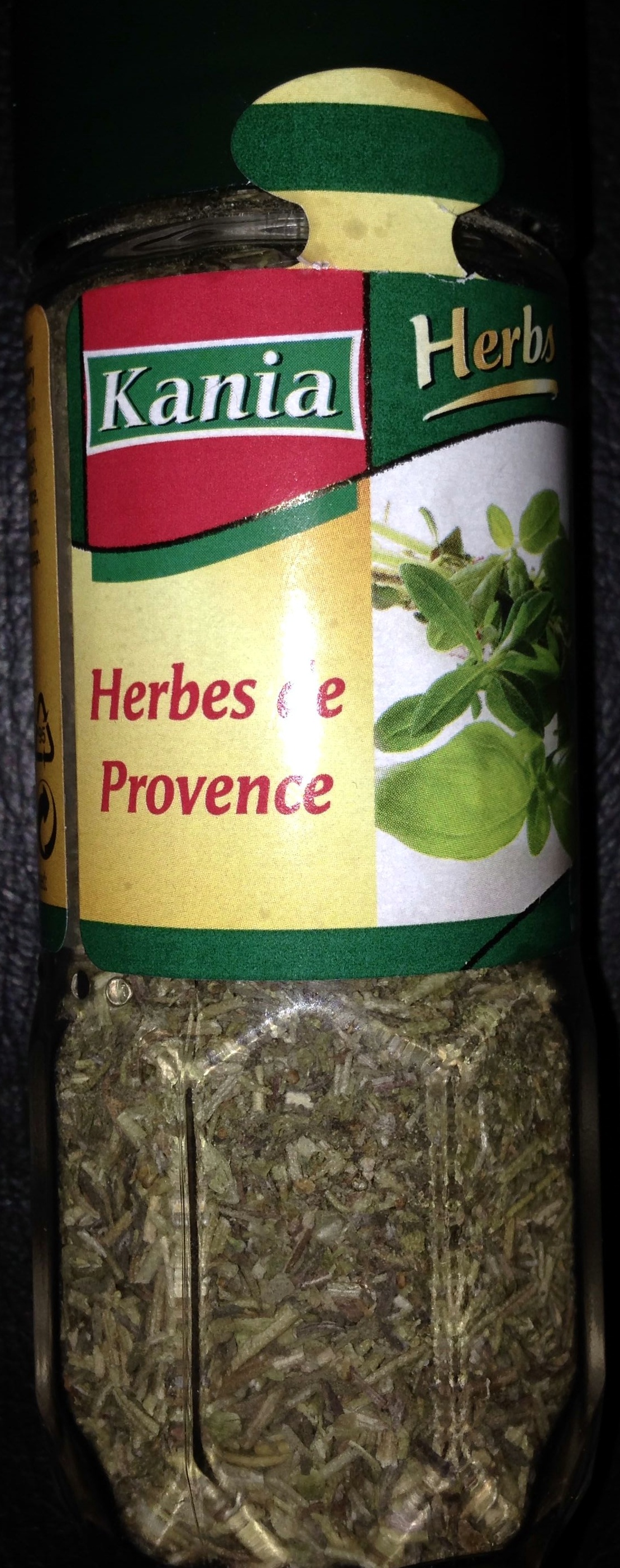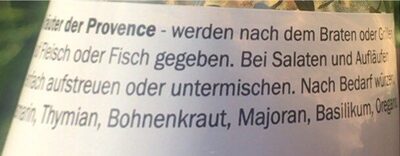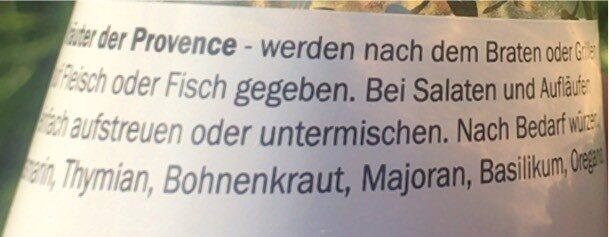Herbes de Provence - Kania - 2g
Ambiguous barcode: This product has a Restricted Circulation Number barcode for products within a company. This means that different producers and stores can use the same barcode for different products.
×
This product page is not complete. You can help to complete it by editing it and adding more data from the photos we have, or by taking more photos using the app for Android or iPhone/iPad. Thank you!
×
Barcode: 20037505
Common name: Herbes de Provence
Quantity: 2g
Packaging: Vial, Glass can, fr:Flacon verre
Brands: Kania
Categories: Plant-based foods and beverages, Plant-based foods, Condiments, Culinary plants, Aromatic plants, Dried products, Dried plant-based foods, Herbs, Ground dried aromatic plants, Mixed herbs, Herbes de Provence, Groceries
Origin of ingredients: Germany
Stores: Lidl
Countries where sold: France, Germany, United Kingdom
Matching with your preferences
Environment
Carbon footprint
Packaging
Transportation
Report a problem
Data sources
Product added on by bcatelin
Last edit of product page on by prepperapp.
Product page also edited by date-limite-app, kiliweb, openfoodfacts-contributors, packbot, roboto-app, rochus, sebleouf, yuka.R29zRURac0VxS0lreHZRbjJqWHJ3T2xONElDUVVrT1FJZTh6SVE9PQ, yuka.R2ZoZUVwWVBwTVJScThZUzJoMkUyc3BZbXJ5VUEyaW1OdUVqSVE9PQ, yuka.RzRFYUxJTVRxS2dIdC9JUDNVUDhwODFNeTdTT1FVem5FUGdXSWc9PQ, yuka.SGJFREY0Y2krTXNXbHZFR3h5blUrc2hwbHIrUmMzT3lPdEFESWc9PQ, yuka.U2FzQUlKVStvOTRMb01BdjRTM1B3TTFlK29PTEJ6SzFJZUE2SVE9PQ, yuka.UUtaY0RxSWx1dUFOd2RvbjAwano5L2hybHBhMVQwR3pKOVk3SVE9PQ, yuka.Ulk0ZEZxRTVtK0FLbmYwUzkwemsvK3R3bThla1VqMnJKdm8vSUE9PQ, yuka.WUlRQUY2QXJyNkFBb05vNjF5dmF5dmR4eUtQeGRHT05jTFlmSWc9PQ, yuka.YlpJdENLQXpxcWdxbWM4WHd4elU4Y0pTMk1lakRWMjhKT2tRSVE9PQ, yuka.ZUtjdkNhUVl1ZjhubzhJNnhFTEg0WThrNU1DT2VqNktkT01kSVE9PQ, yuka.ZVlrRFQ0MERpNkk0a3ZRUTl4cng5ZDFRd2NQelIyVG9MTHM5SUE9PQ, yuka.sY2b0xO6T85zoF3NwEKvlnRmS-Luum31b0HTm3yl_taMB473bv1I7bfaY6o, yukafix.









